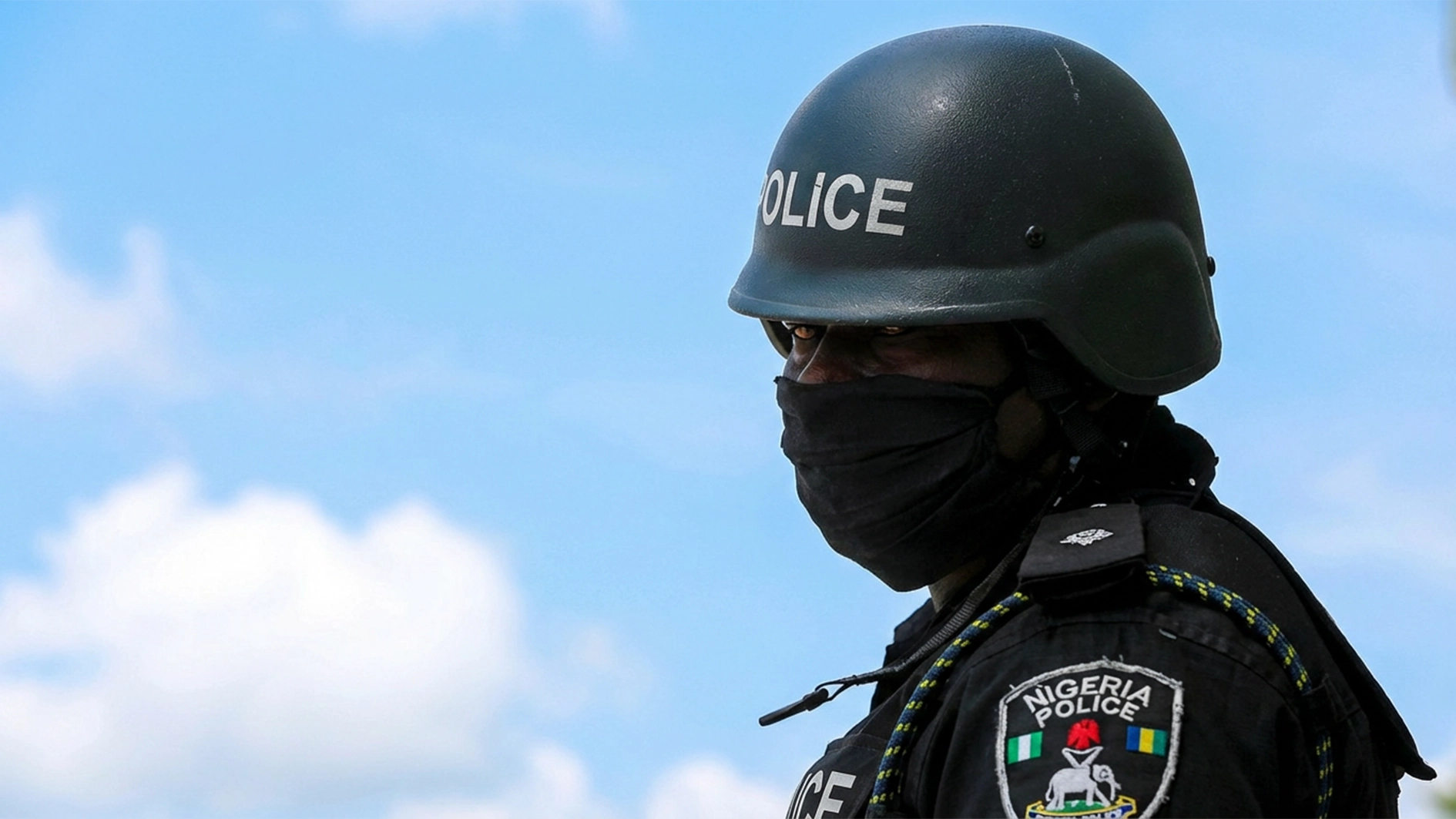Anti-graft agencies, including the Economic and Financial Crimes Commission (EFCC), on Wednesday, in Abuja downplayed the global corruption rating of Nigeria, which remains poor, insisting that corruption has significantly reduced in the country.
According to the Transparency International Corruption Perceptions Index (TI-CPI), Nigeria’s corruption rating has fluctuated between 154 and 140, with 2024 recording a slight improvement.
EFCC Chairman, Ola Olukoyede, speaking in Abuja at an event organized by the Technical Unit on Governance and Anti-Corruption Reform of the Presidency, said citizens of countries in the global north, who are perceived to be less corrupt, are being arrested in Nigeria for fraud.
Olukoyede said recent arrests by the commission of 790 suspects involved in financial crimes included 194 foreign nationals, some from Europe.
While calling for collaboration between government institutions to strengthen the anti-corruption fight, Olukoyede, at the event that unveiled a report titled ‘The Facts Behind the Corruption Perception Index’, emphasized the need for continuous synergy among the executive, legislature, and judiciary.
“In a single operation, we arrested 790 suspects, including 194 foreigners, among them Europeans, who were carrying out fraud in Nigeria. We will ensure that we see the conclusion of that case.
“I want us to encourage ourselves. We need to commend ourselves as Nigerians,” Olukoyede said.
He urged Nigerians to focus on improving governance and economic processes rather than seeking international validation.
“Our priority should be adding value to our economy and social lives. If we do the right thing, recognition will follow,” he said.
He described the recent Supreme Court ruling on local government financial autonomy as a “major milestone” in governance reforms. Olukoyede said legislative interventions have also strengthened anti-corruption agencies, with increased funding to support their work.
According to him, one of Nigeria’s most significant anti-corruption successes was the recovery of over 700 real estate properties in a single operation, an achievement unmatched even by international agencies.
While acknowledging that much work remains, he urged stakeholders to remain committed, focus on real progress, and not be swayed by external corruption indices.
“What matters is whether Nigeria is improving and moving forward. The fact that salaries were paid for months without relying on extractive industry revenue is a major plus for the current administration,” Olukoyede noted.
Inspector General of Police, Kayode Egbetokun, also speaking at the event, corroborated Olukoyede’s stance. He described corruption as a global issue, stating that no country is entirely free from it.
Represented by Assistant Inspector General of the Special Protection Unit, Okon Effing, he emphasized that corruption poses a serious threat to the survival of democracy.
“It is important to note that corruption is a global phenomenon. No country is completely without some element of corruption in its governance. Whether in Nigeria or elsewhere, corruption remains one of the greatest threats to sustaining democratic government,” Effing said.
Nigeria’s Corruption Perceptions Index (CPI) is based on aggregated global data, making it crucial to understand its sources and methodology. Disaggregating the data can help identify weaknesses and develop targeted reforms to improve the country’s ranking.
The report, which analyzed the CPI from 2019 to 2024, recommended the need for public sensitization to challenge negative perceptions through media campaigns, documentaries, and awareness initiatives.
It added that strengthening inter-agency cooperation, particularly within the Inter-Agency Task Team (IATT), will also enhance anti-corruption efforts.
The report also noted that judicial and public sector reforms are essential to tackling systemic issues such as bribery and bureaucratic inefficiencies.
The Head of TUGAR, Jane Onwumere, said the initiative aligns with the government’s strategy to develop targeted anti-corruption and governance reforms through coordinated monitoring and evaluation.
“TUGAR conducts comprehensive diagnostic studies, analytical research, and governance assessments, providing policy briefs to guide sustainable reforms,” she said.






